8 classic novels that will make you a better leader
'The Last Tycoon,' by F. Scott Fizgerald

'Siddhartha,' by Hermann Hesse
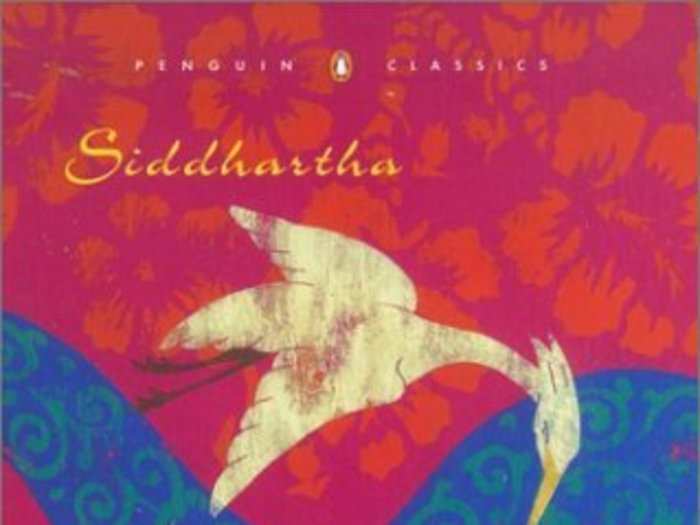
Another of McLennan's favorite literary lessons in work-life balance and living well? Hermann Hesse's "Siddhartha."
The novel follows a man who is struggling to "combine business and spirituality," McLennan explained in a (different) interview with Insights' Deborah Petersen this past winter. "He becomes a rich merchant who is at first unattached to material success, concentrating on putting his customers first and acting ethically with all stakeholders. But then he becomes covetous, succumbs to the 'soul sickness of the rich,' and becomes not only mean-spirited but also suicidal."
Eventually, he finds something like balance ferrying travelers across a river, "providing spiritual mentoring to some, but finding that most people simply want good transportation services."
Buy it here>>
'The Stranger' (or 'The Plague,' or 'The Fall'), by Albert Camus
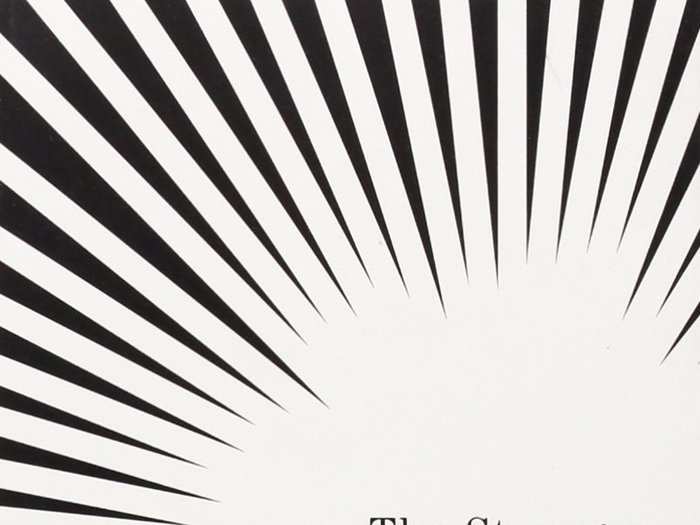
Every now and then, McLennan recommends turning to the existentialists.
"Books like 'The Stranger' or 'The Plague' or 'The Fall'" — all by Albert Camus — are "pretty powerful ways of clearing the deck," he says in the video.
Temporarily shelving questions of spirituality and religion, these books probe at something even more basic: what is the meaning of life, if there is any meaning at all?
Buy it here>>
'Zuckerman Bound,' a trilogy by Philip Roth
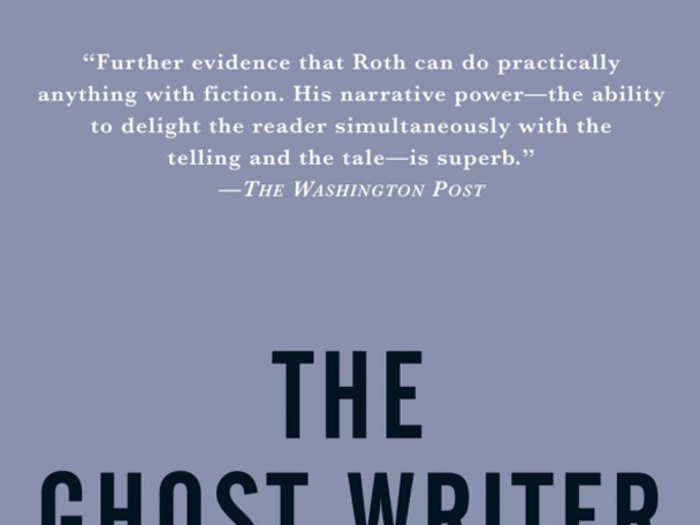
Literary critic Harold Bloom said the trilogy — which follows Roth's fictional alter ego, Nathan Zuckerman — "merits something reasonably close to the highest level of esthetic praise for tragicomedy." That's one reason to read it.
But that's not the only reason the books appear on McLennan's list. In a 2013 sermon at Stanford, he called 'The Ghostwriter' — the first of the three novels in question — a "wonderful illustration of the importance of balancing personal ambition with social awareness – of balancing individualism with community responsibility."
Buy it here>>
'The Remains of the Day,' by Kazuo Ishiguro
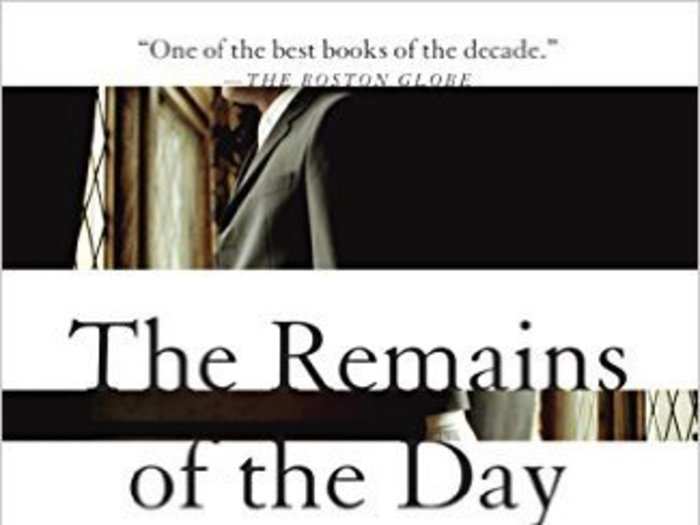
McLennan points to Ishiguro's "The Remains of the Day" as a "helpful study of the difference between East and West," says Rimby.
And he's not the only one. The novel, which follows an elderly butler so profoundly devoted to his profession he's blinded himself to the rest of the world around him, is regularly referenced in writing about leadership and ethics (like here, and here, and here.)
Buy it here>>
'Things Fall Apart' by Chinua Achebe
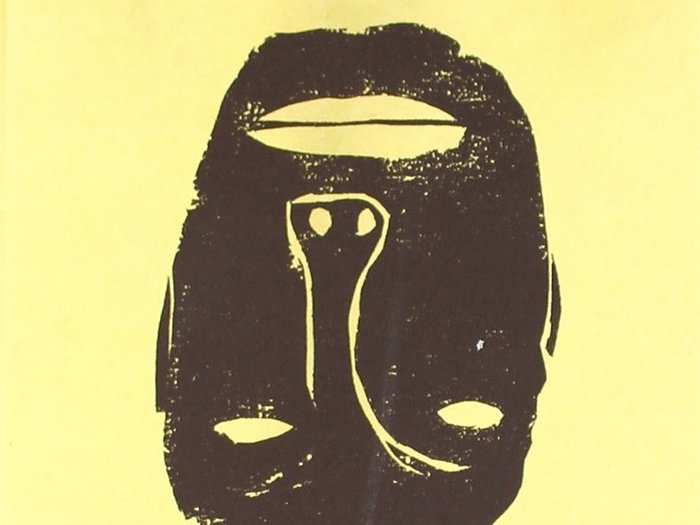
Even if you read Things Fall Apart — or any of the rest of these — as a high school freshman, McLennan recommends giving it another go.
Because the thing about great literature? "The exact same book looks different every ten years," he says, and whatever you got at 16 will be different from what you get at 26, 36, or 66.
McLennan recommends the Nigerian classic because it "helps people see the juxtaposition of traditional African society with the imposition of Western religion, military, and business," Rimby writes.
Buy it here >>
'Jasmine,' by Bharati Mukherjee
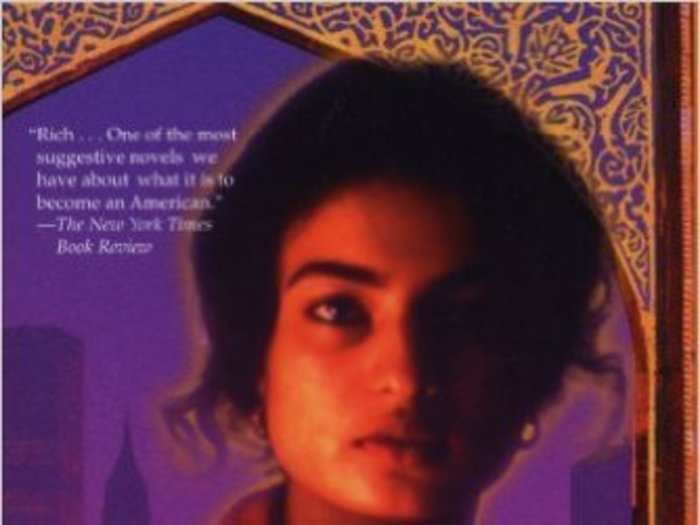
Jasmine tells the story of a young Indian woman's journey from Florida to New York to Iowa to California in search of the American Dream — and it's a regular on McLennan's syllabi.
Talking to Petersen, he outlines the (many) takeaways:
"...how to balance new-world selfishness in personal freedom with old-world selflessness in familial duty; examining whether there is a stable self (or Self) to rely upon in each of us or an ever-changing identity as we change our environments; the foundation of morality in karma, or reaping what one sows; and the struggle between fate and will."
Buy it here>>
'Miramar,' by Naguib Mahfouz
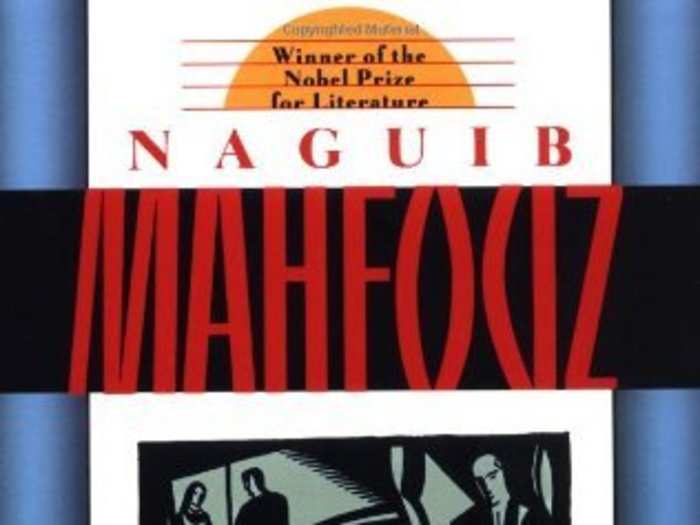
"Miramar," which follows a peasant woman named Zohra who escapes her family and finds employment in a small hotel in Alexandria, makes McLennan's list for its dissection of sexual harassment in the workplace, Rimby writes.
But in a 2012 sermon at Stanford, McLennan offered another reading of the text — one with (secular) business implications.
According to him, the book illustrates the tension between enduring values (justice, freedom, and "courage as a virtue") and things that are ultimately fleeting (among them, the "single-minded pursuit of profit to the exclusion of fundamental human values").
Buy it here>>
Popular Right Now
Advertisement